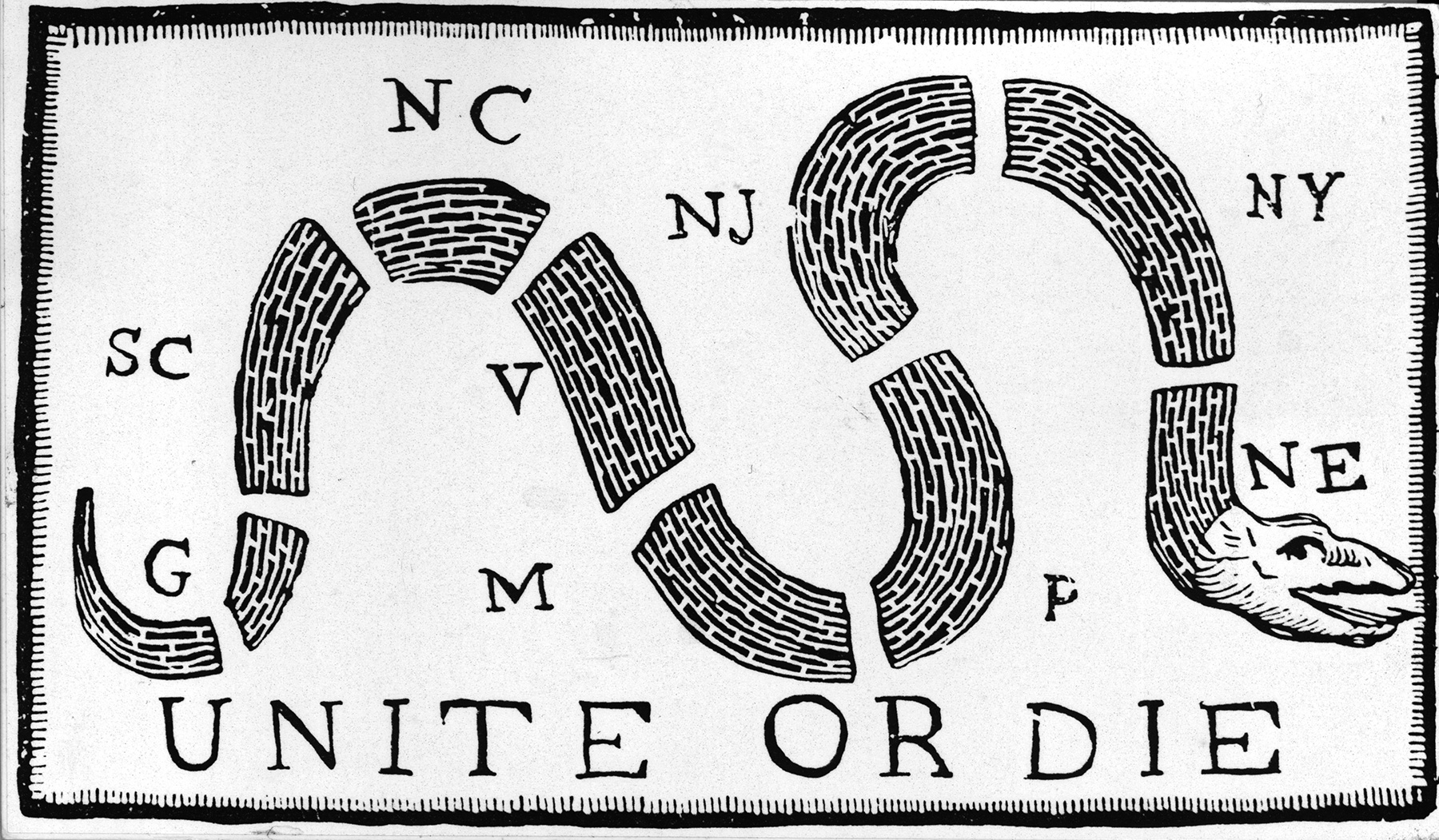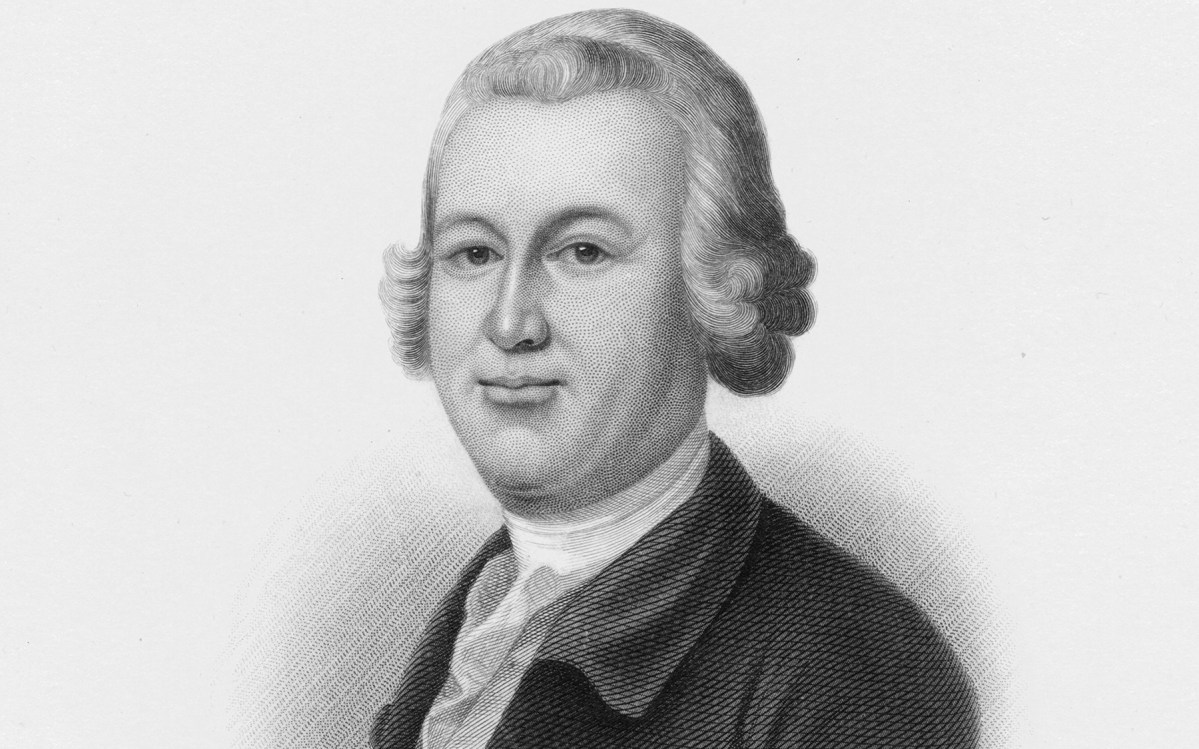Early American patriot James Otis, Jr. may not be recognized as a founding father, but he probably should be.
According to Smithsonian magazine, on February 24, 1761, Otis gave a five-hour speech at Boston’s Town Hall, raging on about a British customs decree that gave customs officials carte blanche in “[searching] any place, anytime, for evidence of smuggling.” In a historical context, that powerful oratory can be looked at as the first shot fired in the movement that would eventually lead to the American Revolution.

Even John Adams himself thought so. “Otis was a flame of fire,” Adams recalled later in life. “American Independence was then and there born.…Then and there was the first…opposition to the arbitrary claims of Great Britain.” He even helped advance the concept that, “taxation without representation is tyranny.”
So why doesn’t Otis get hailed as a “founding father” alongside the likes of Thomas Jefferson? In his defiance of the British, he became rather reckless, getting into a physical altercation with a British customs commissioner, which got him beaten by an angry mob of loyalists, and left him bloodied and wounded. This eventually led to a downward spiral that devolved into heavy drinking and the appearance of mental issues.
Although he lived to see the American Revolution, he never really regained his original composure—and oddly, died after being struck by lightning in 1783.
As Adams wrote of his death: “[Otis was] as extraordinary in death as in life….He has left a character that will never die while the memory of the American Revolution remains.”
For more on Otis, watch the video below.
This article was featured in the InsideHook newsletter. Sign up now.
























